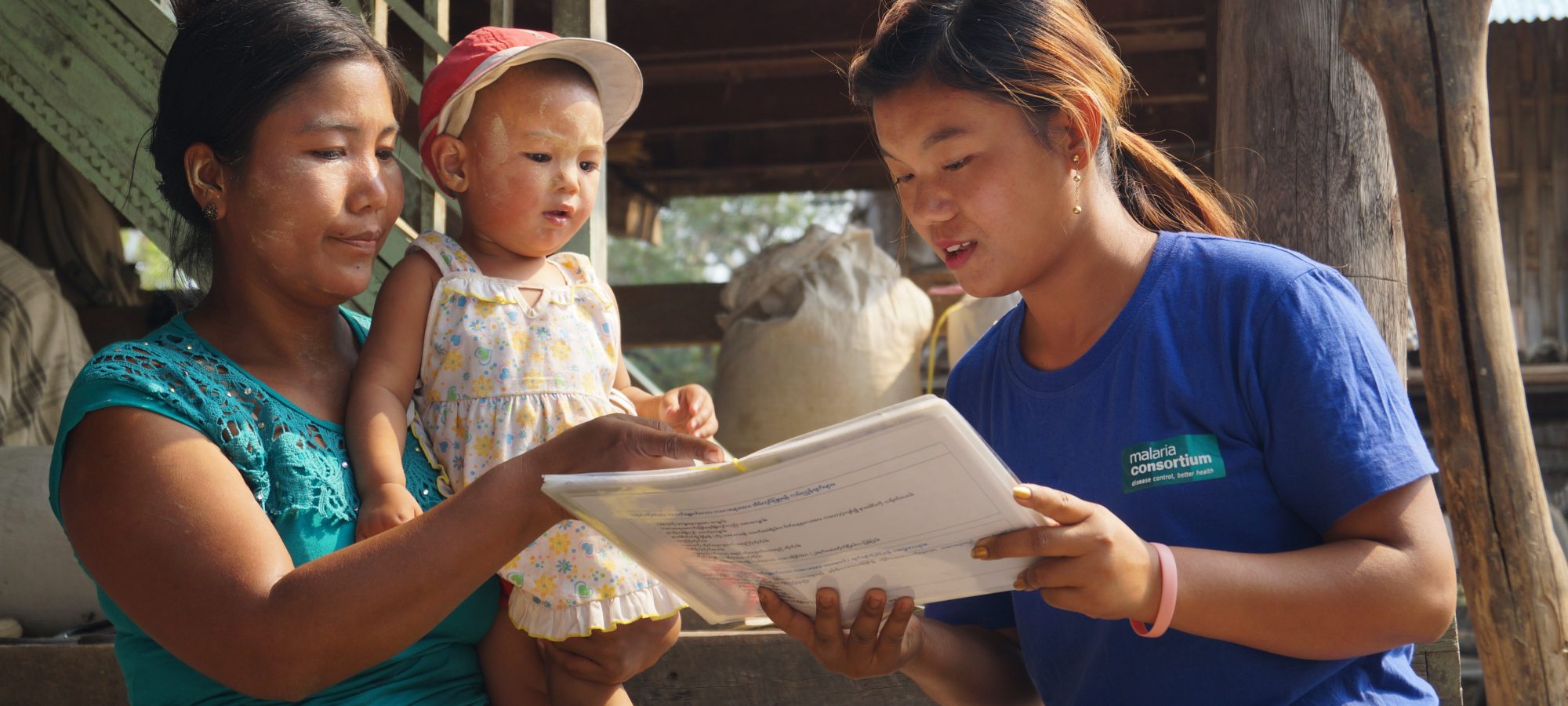In the first of our In Conversation with series, we spoke to Janice Apilado, Communications Manager at APLMA/APMEN. The series aims to engage with a range of global health professionals on how the COVID-19 pandemic has changed the way their organisations work, highlighting challenges and opportunities that have arisen during this unprecedented time.
How have APLMA/APMEN activities, plans and campaigns been negatively impacted by the pandemic? What obstacles have you come up against?
Not being able to travel initially made it very difficult to carry out our health diplomacy work as much of APLMA/APMEN success comes through direct engagement. We have postponed a lot of activities and started to move them online where possible. We have also had to speak with donors to ensure that we can still be accountable and deliver, which has been made challenging given that it is more important than ever to keep the focus on malaria when ministries of health and national malaria programmes are overwhelmed with COVID-19. A further difficulty has been the ‘infodemic’ – the sheer amount of misinformation of COVID-19 has been tricky to manage.
Conversely, have any opportunities presented themselves as a result of the pandemic?
With global health now central on the world stage, the sector has an opportunity to build high quality, resilient health platforms. APLMA/APMEN existing strategies of collaboration and use of surveillance are more relevant than ever to fight both the COVID-19 pandemic and improve preparedness for future infectious threats – in a way our strategies have advocated for themselves. Additionally, while it is hard to replicate an environment where key stakeholders can gather in one place for an organic discussion, we have found that the creativity and resourcefulness of people has really shone. Partners have mobilised in new ways with greater cohesion and APLMA/APMEN sees this as a real opportunity to drive meaningful action.
What will the pandemic mean for ongoing malaria elimination efforts in Southeast Asia?
With the Greater Mekong Subregion (GMS) being close to malaria elimination prior to the pandemic, our biggest challenge was keeping the foot on the pedal to achieve elimination — now we are living with the pandemic this has become even more important. Any relaxation could see the great efforts of the last two decades undone. Finding a balance between fighting the pandemic and keeping the spotlight on malaria is challenging, but something APLMA/APMEN is committed to doing.
Do you think that changes that have been necessary during the pandemic will have a lasting impact on our sector?
Communication has become even more important to APLMA/APMEN work than it was before. One thing I have learnt is to never take digital tools and platforms for granted again. Switching to solely engaging with partners and planning events virtually has been a revelation and something I am sure will be the new normal even when we are able to reconvene in person. There is also no ‘one size fits all’, each organisation will make different changes to the ways they work. What is most important for the sector is that we collectively continue to tell the malaria story with transparency and sensitivity.
APLMA/APMEN and Malaria Consortium have collaborated on multiple occasions before, is there anything you think we could partner on in the future?
It has been great working together up to now. We definitely complement each other’s strategies and make important contributions to malaria elimination in the GMS. We should continue to cooperate on advocacy briefs, learning papers and work with networks like RBM Partnership to End Malaria to amplify our messages. We can look for shared themes that will grow in important such as climatic change and malaria, as well as connecting each other to a variety of stakeholders to enhance cross-border collaboration.
Malaria Consortium is currently Technical Lead for the APMEN Vector Control Working Group (VCWG). You can read more about this here. You can also read about our current work supporting elimination efforts in the region through the Regional Artemisinin Initiative 2 Elimination (RAI2E) here.
Jamie Power is Policy and Advocacy Manager at Malaria Consortium
